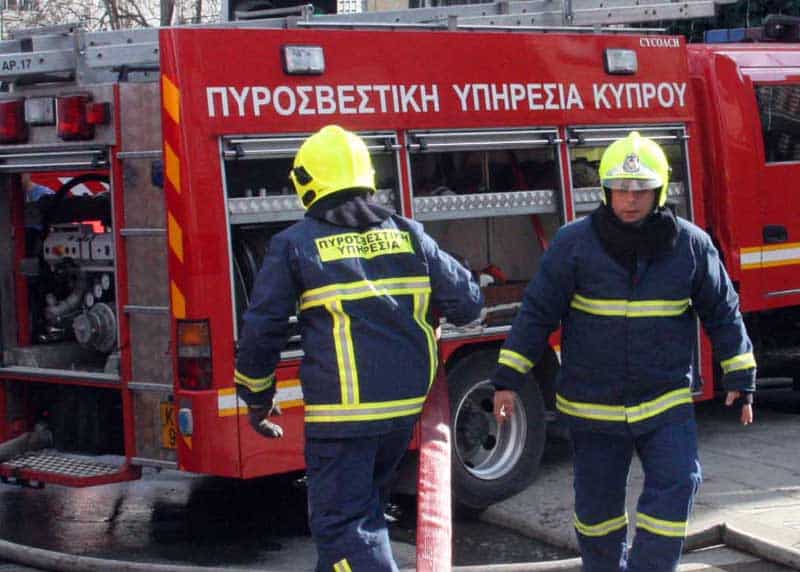A difficult summer is expected due to the dry winter, fire services’ spokesman, Andreas Kettis said on Saturday.
In an interview with the Cyprus News Agency (CNA) Kettis also said that based on the statistics and research they carry out on the cause of fires, it appears that human activity is to blame in most cases (over 92 per cent).
Kettis added that in the 2022-2023 season, the number of fires was “considerably lower” than in previous years.
Although a difficult summer is expected, Kettis said, based on the dry winter, the fire protection season which has been extended, and the environmental conditions predicted, “I want to believe that, at least, we will remain at the same levels (as the two previous years)”.
He said that the fire prevention season was expected to start earlier this year, and that, there have already been two or three “quite large fires”.
Kettis also referred to “fire behaviour”, which he said, was indicative of a “difficult summer period” ahead, noting that the fire prevention season has been greatly extended, and was now running from April to November.
Asked if they were thinking of taking any additional measures, to prevent arson or fires caused by negligence, Kettis said that the fire service was trying to inform members of the public with various campaigns.
He noted that stricter penalties have been recently introduced regarding fires and their causes and that a new bill was currently being drafted, which provides for even stricter penalties.
Asked if there was sufficient staff and equipment Kettis said that they have staff in all 17 fire stations in rural areas while round the clock aerial patrols were being carried out by aircraft of the Forestry Department.
He also said that several fire detection systems have been installed in various areas, while more would be installed in many rural areas, but also in industrial areas, which detect and analyse fire, and at the same time, inform, in case the fire is spreading, the competent services to respond.
Kettis said, “extra effort is being made in terms of prevention”, noting that the contribution of members of the public was “imperative”.







Click here to change your cookie preferences